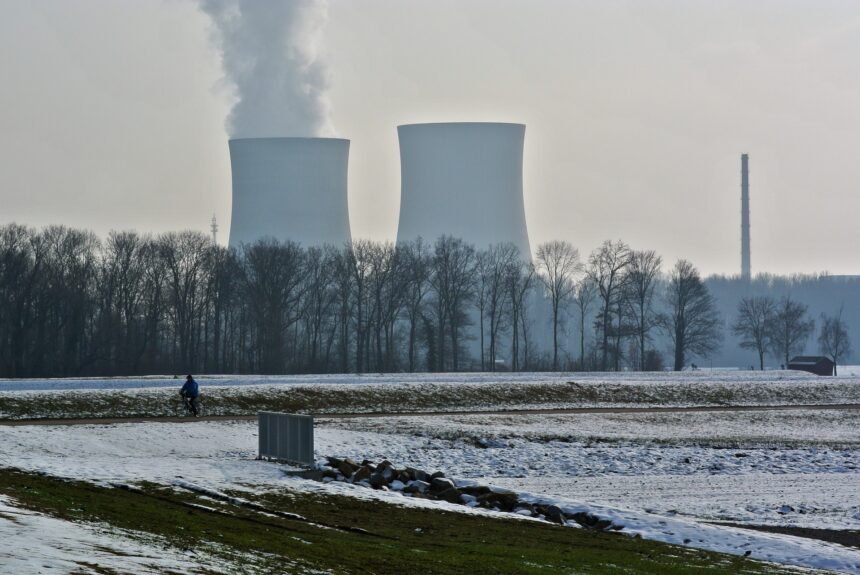After weeks of chaos on Capitol Hill, the House of Representatives has a new speaker, and members of the House Energy and Commerce Committee have wasted no time getting back to work. The committee passed a suite of bills that aim to bolster nuclear power in the U.S., including:
- The Modernize Nuclear Reactor Environmental Reviews Act, introduced by Rep. Jeff Duncan (R-SC). This bill will require the Nuclear Regulatory Commission (NRC) to submit a report and conduct a rulemaking on facilitating efficient and timely reviews of nuclear reactors. Congress has already ordered the NRC to develop a more technology-neutral licensing pathway for advanced reactors under the Nuclear Energy Innovation and Modernization Act (NEIMA). Last year the NRC’s staff unveiled its draft of this rulemaking known as Part 53, which unfortunately doubled down on prescriptive and outdated regulations and radiation standards which has stifled progress on advanced reactor development. NRC commissioners are currently working with staff to write and propose a licensing pathway that satisfies NEIMA’s requirements.
>>>READ: The U.S. Bets Big on Clean Hydrogen
- The Advanced Reactor Fee Reduction Act. Sponsored by Rep. Larry Buschon (R-IN), this bill amends NEIMA to require the NRC to reduce application costs for reactor developers. Filing and completing the proper applications and paperwork can quickly bloat a project’s budget, which is one reason why nuclear energy projects come with such a steep price tag. The certification process for NuScale’s VOYGR—which is the only advanced reactor design to receive certification from the NRC–took seven years to complete and cost NuScale $500 million. The original application alone was 12,000 pages and 2 million pages of regulatory audits. This is in addition to a lengthy pre-application process that took nearly 10 years to complete. While it is important to have a rigorous process to ensure adequate safety, regulators must also look to improve efficiency to bring more nuclear energy projects forward.
- The Strengthening American Nuclear Competitiveness Act introduced by Rep. Bill Johnson (R-OH). This bill would reduce roadblocks for exporting American nuclear energy technology by requiring the Secretary of Energy to review, and update the Agency’s process for determining whether or not a country is a “generally authorized destination” (GAD) under the Atomic Energy Act. Receiving a GAD designation—which a handful of countries have– reduces red tape for the U.S. to export its nuclear technology to the given nation. Easing this regulation, while ensuring proliferation safety, would allow the U.S. nuclear energy industry to be more competitive with Russia and China–both of whom are financing and exporting nuclear energy projects across the developing world. The bill would also allow allied countries to finance nuclear power projects in the U.S., a move that could greatly benefit the industry.
Nuclear energy is safe, reliable, and the largest source of carbon free power in the United States. The Energy and Commerce Committee’s bills would improve nuclear energy’s potential in the U.S. and around the world by reducing antiquated and duplicative regulations. A more competitive nuclear industry would be good for energy security and the climate.
The views and opinions expressed are those of the author’s and do not necessarily reflect the official policy or position of C3.
